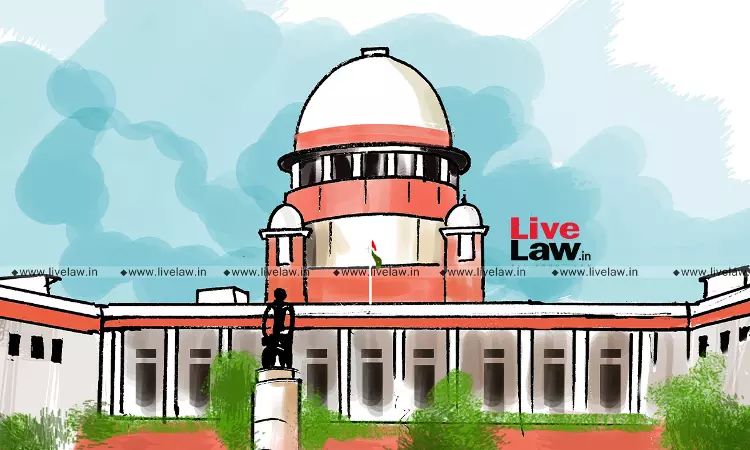Will Lay Down Guidelines For Courts To Summon Government Officers: Supreme Court
Padmakshi Sharma
21 Aug 2023 8:08 PM IST

Next Story
21 Aug 2023 8:08 PM IST
The Supreme Court on Monday orally remarked that it would lay down guidelines pertaining to appearance of Government officials before courts in litigation that involves the Government. The bench comprising CJI DY Chandrachud, Justice JB Pardiwala, and Justice Manoj Misra was hearing a plea challenging the order of the Allahabad High Court which took into custody Special Secretary (Finance)...
